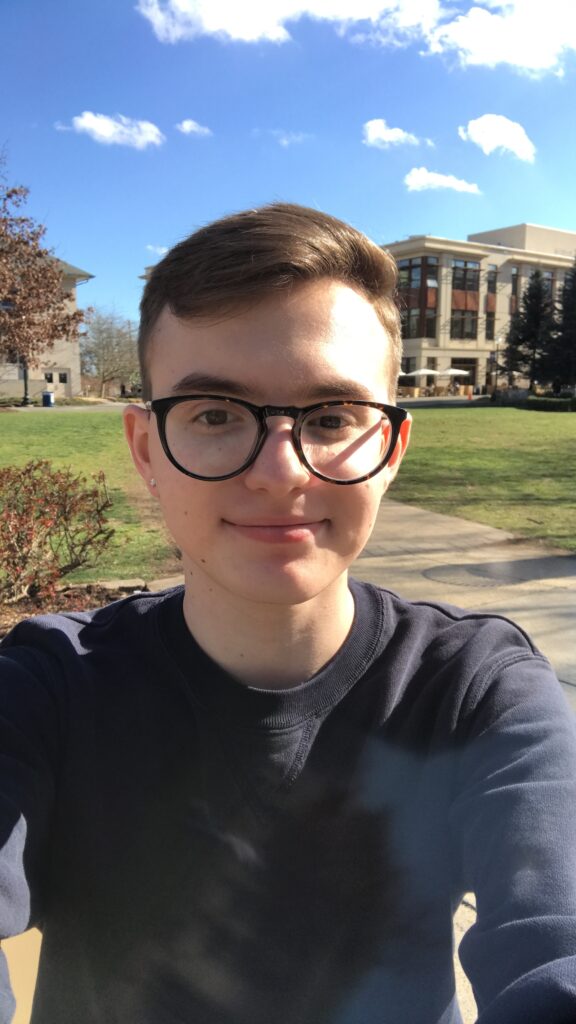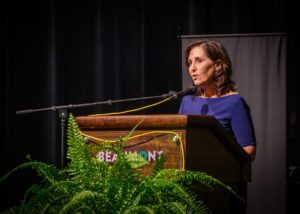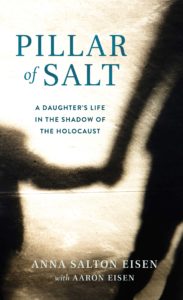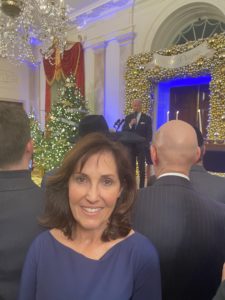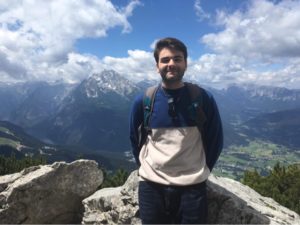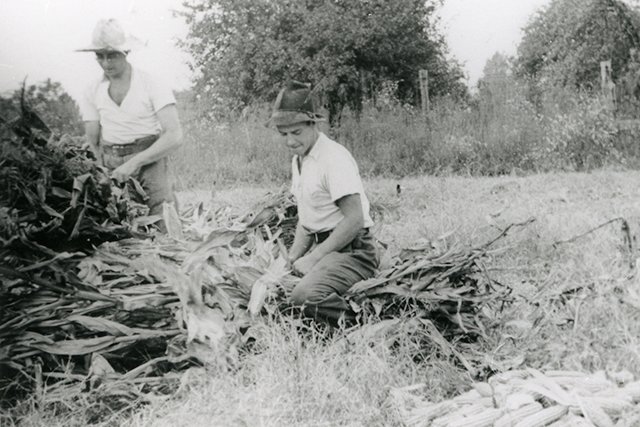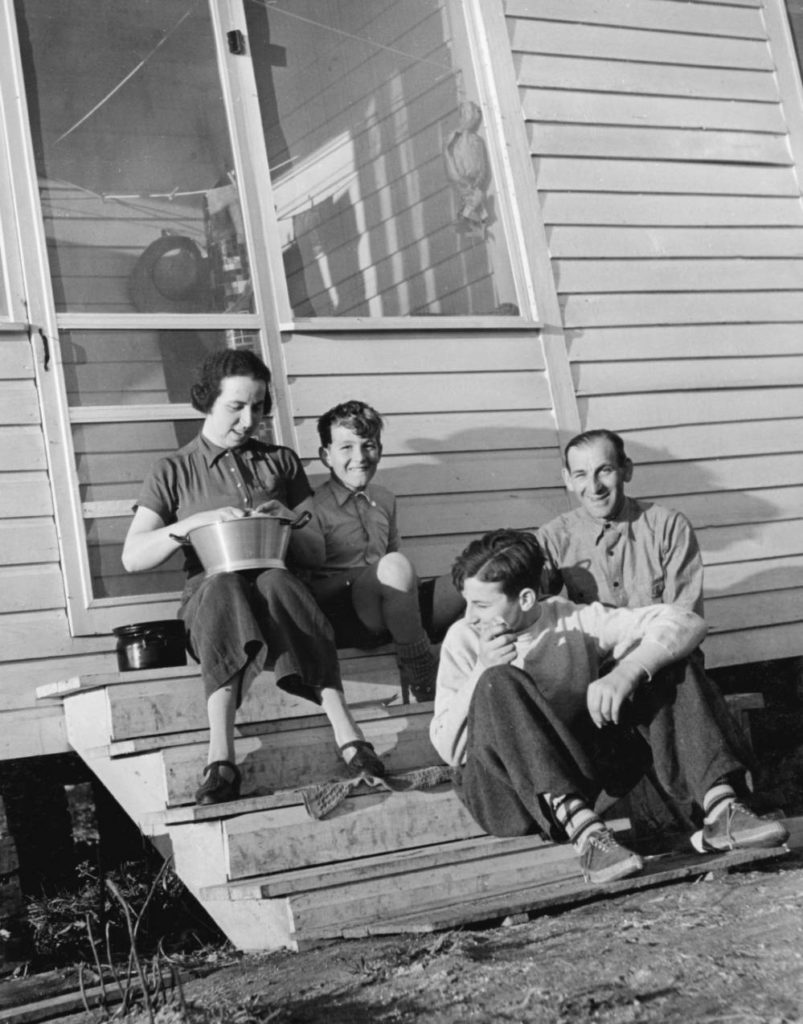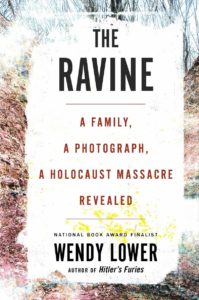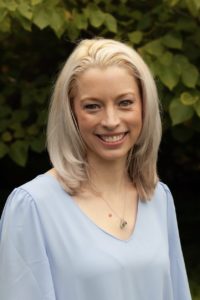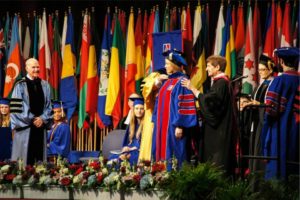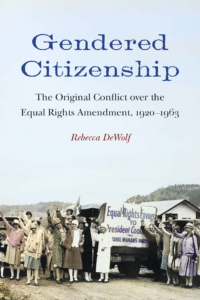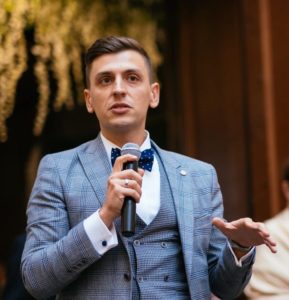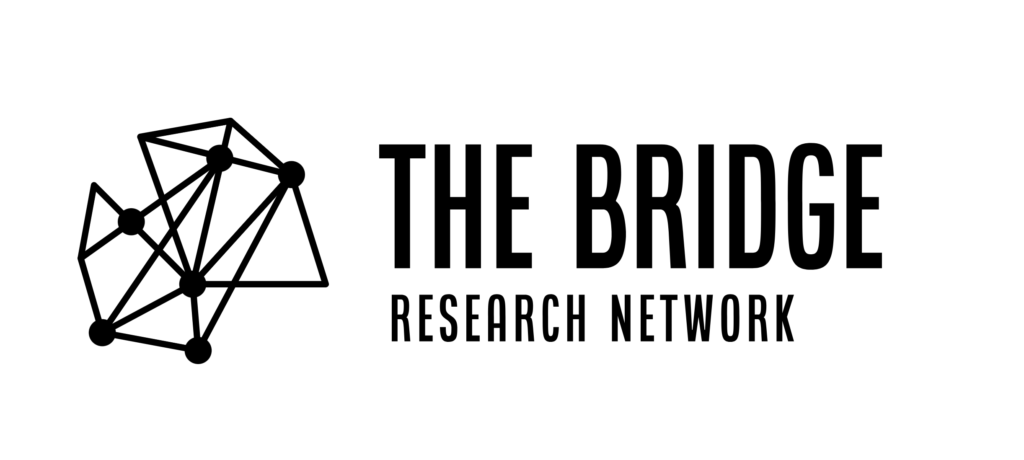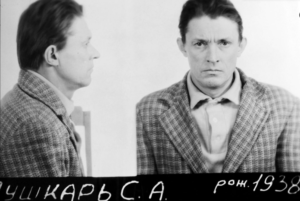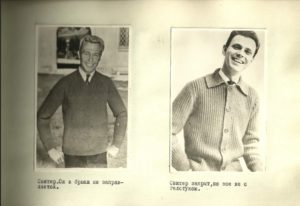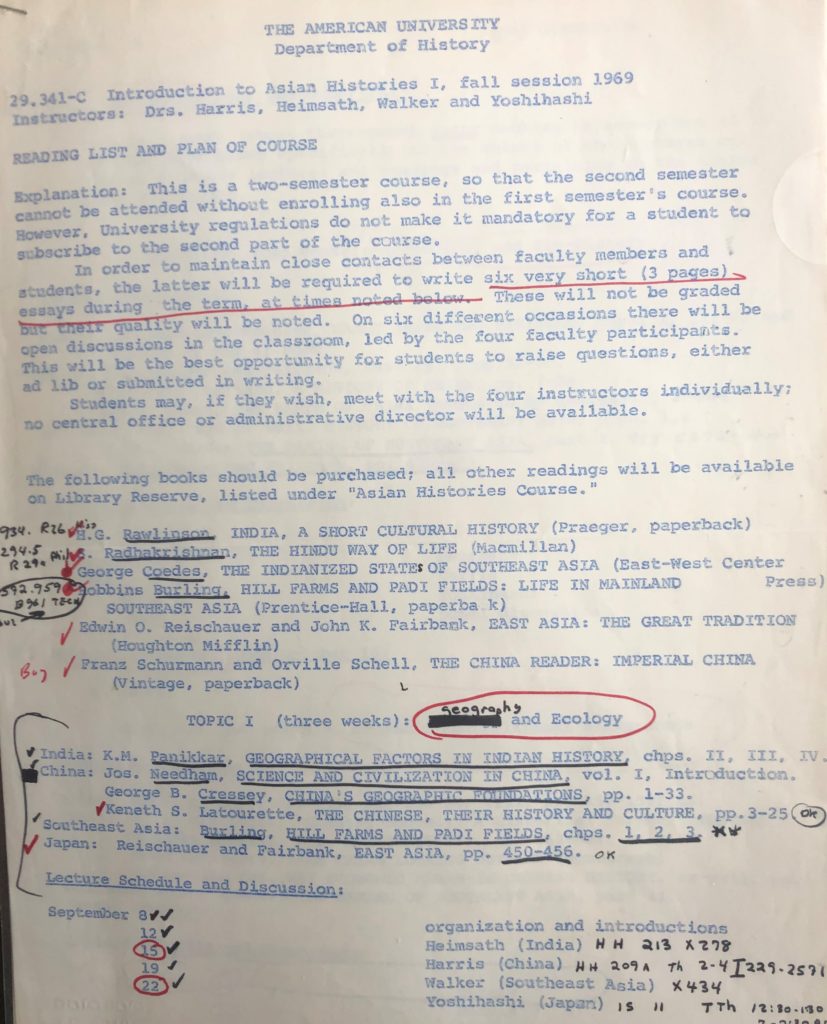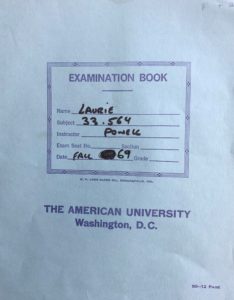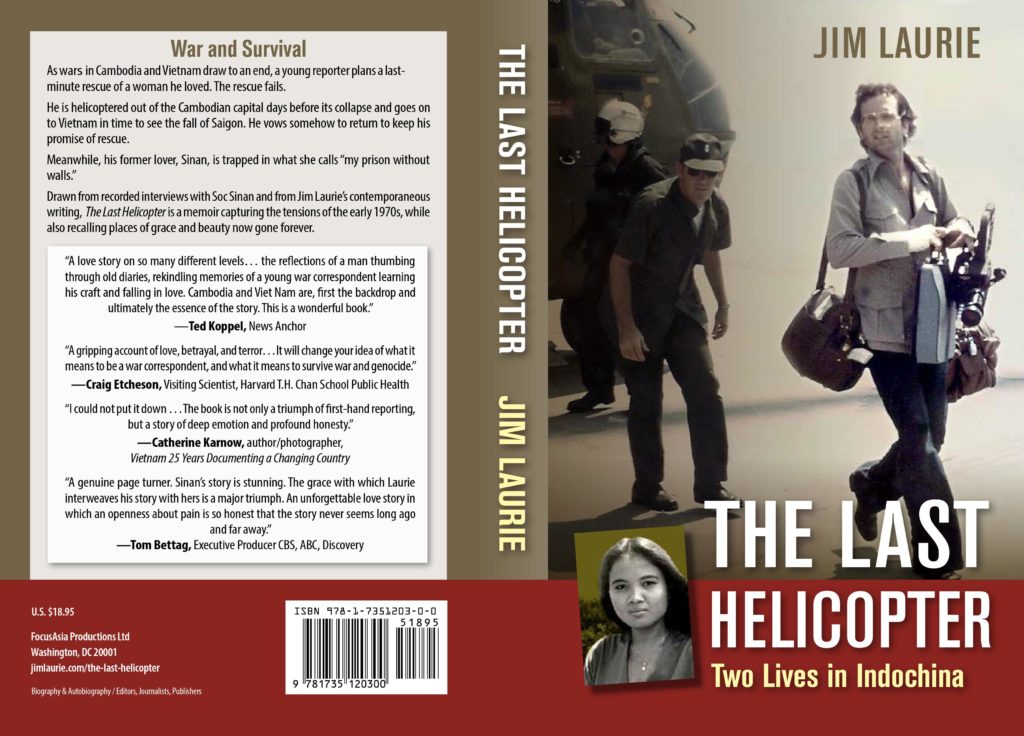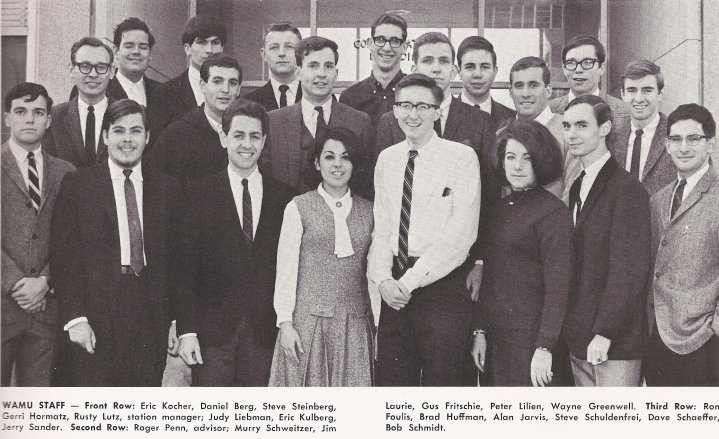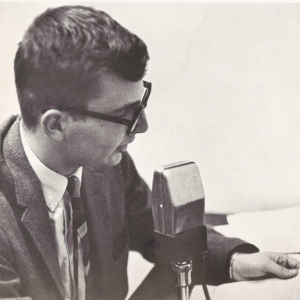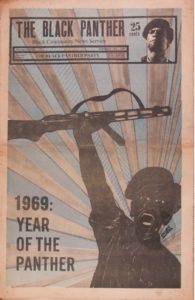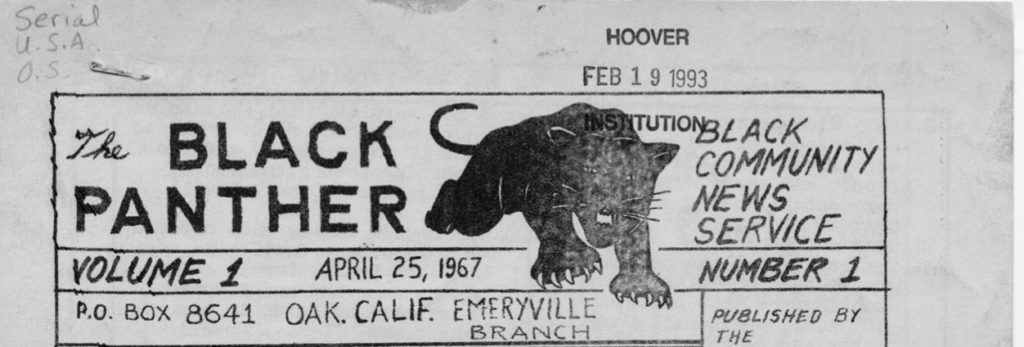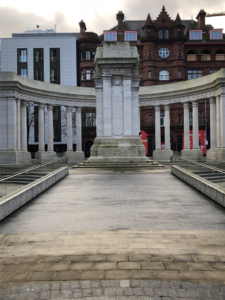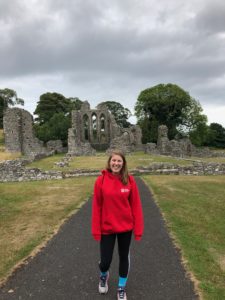Anyone who has ever stopped by the main office of the History Department on the first floor of Battelle-Tompkins will quickly grasp just how important the hard work and dedication of its administrative staff is to the smooth operation of the department. Whether it’s juggling the complexities of the course schedule, balancing the budget, or planning department events, administrative assistants Gabriella Folsom and Sara Gerard-Sharp run the ship with a steady and capable hand. But they are not alone. Working closely with Sara and Gabriella are student assistants supported by federal work study grants that allow them an opportunity to earn money while gaining valuable experience in a unique office setting.

History Department since fall semester of her freshman year.
One these assistants is Erin Swartz, a sophomore history major who is interested in Russian and Eastern European history. Erin has worked as a student assistant in the History Department since fall semester of her freshman year. “Most of what I do are odds and ends,” she says, “such as tracking purchases on the department credit card and creating flyers to advertise courses for the upcoming semester.” During the hectic course registration season, Erin tracks course enrollments and flags those that would benefit from some more advertising to potential students. She also focuses on some of the smaller touches that make instructor offices a more welcoming place to visit, such as creating pumpkin name plates in the fall and updating office hours signs each semester.
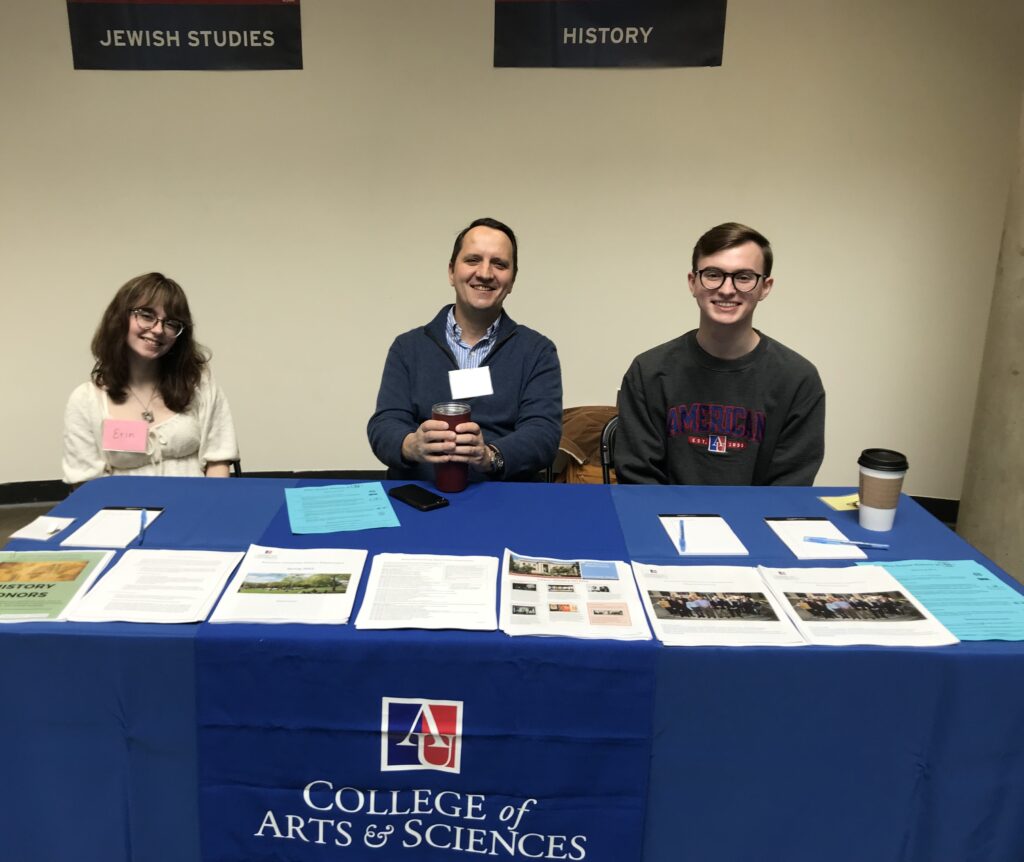
Occasionally the job requires some heavy lifting—like when professors switch or vacate offices during sabbaticals or extended administrative appointments. It may seem a daunting task to carry hundreds of hardback tomes across the halls of Battelle, but Erin is up to whatever task comes her way. “I honestly really love my job,” she says, “and you don’t hear too many people say things like that. It can be hard to find your place in college, but through this position I’ve been able to become part of a larger community and find my place within the university.”
Working closely alongside Erin is Callen Wallace, a sophomore who is pursuing a dual degree in both history and political science. Callen devotes most of his time to overseeing the department’s website and updating its social media accounts on Twitter and Facebook. He often sits in on media interviews with faculty that are held on campus. By taking his own photographs and notes during the event, Callen can later highlight quotes and visuals on the departmental website and social media accounts that did not make it into the published media feature. “I love doing this sort of work,” Callen says, “and always say that it doesn’t even feel like coming to ‘work.’ We have a good time every day here in the office and feel very supported in this role.”
When not helping out in the main office, Erin and Callen enjoy taking as many history courses as they can fit into their schedules. Some of Erin’s favorites have been Andrew Demshuk’s course on modern European history, Gautham Rao’s course on U.S. constitutional history, and Anton Fedyashin’s course on the Soviet Union. Fedyashin also serves as Erin’s faculty advisor for her honors research project, in which she hopes to take a closer look at the development of Ukrainian folk dance in the Soviet Union as a form of fostering a new national identity during the 20th century. “I really enjoy learning about parts of the world that don’t get as much attention,” she says. After graduation, Erin hopes to attend graduate school and continue her studies on Eastern European history. Callen is more interested in North American history, and says he “cannot imagine a future in which graduate school isn’t involved.”
